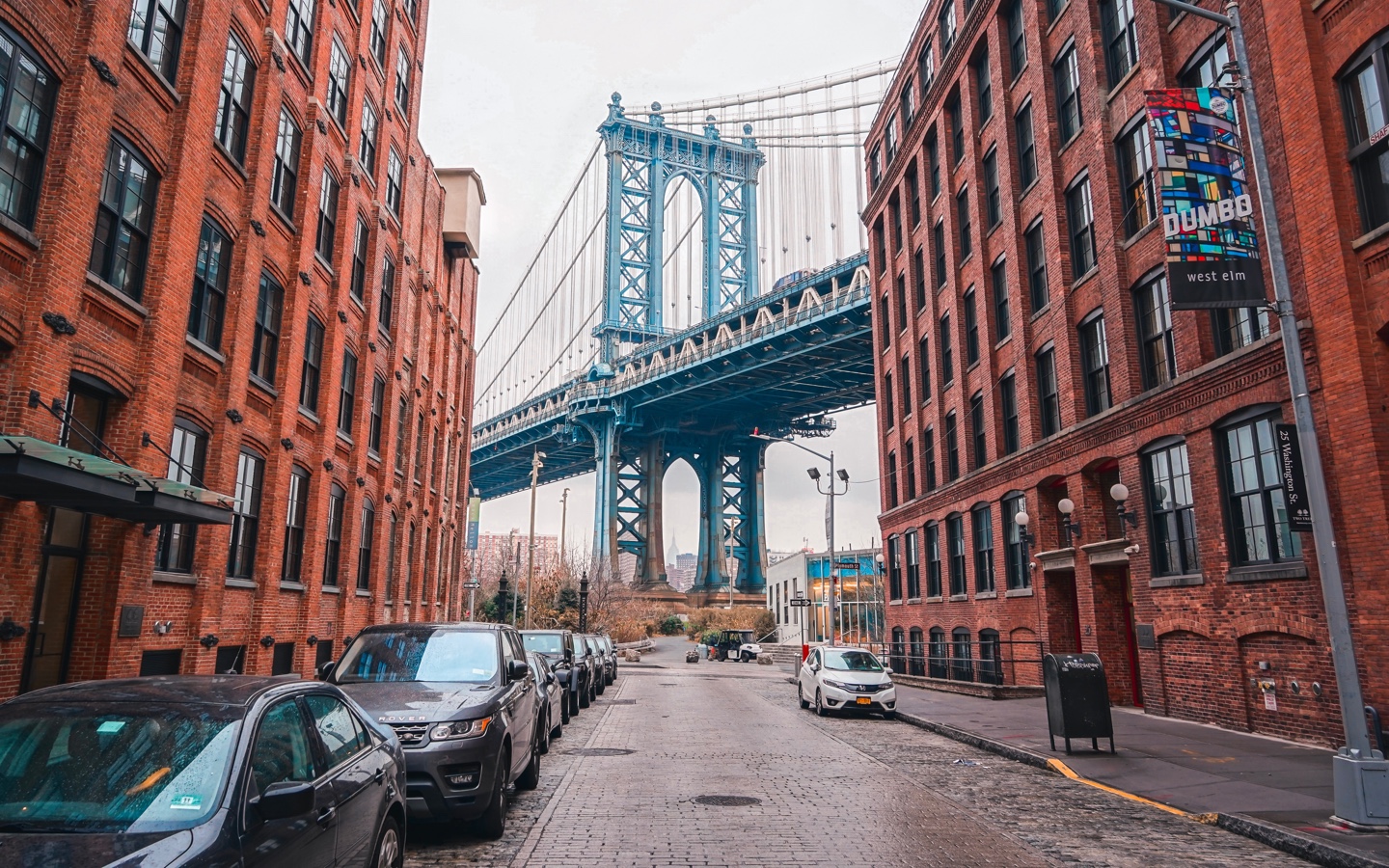The complexity, accessibility, and engineering of the American interstate system is a marvel, but it comes with a huge environmental impact.
We can smell the fumes as they’re built. We can feel it as we walk on them on a hot summer day.
The dark color of roads and their thermal mass is one of the reasons behind the urban heat island effect in developed areas — a phenomenon where dense locations have significantly warmer temperatures than surrounding rural ones.

The Environmental Impact of Roads
Building a road is no small feat. The average time it takes to build a road, depending on its length, can be anywhere between two to three years. Building roads costs a massive amount of resources, in both cash and carbon.
Determining the carbon footprint of building a road is difficult. Scientists are trying to can get a more accurate picture of how much pollution is being produced for the construction and upkeep of roads.
Aside from how long it takes to build a road and how time and cost-intensive repairs can be, the environmental expense required to haul heavy equipment and materials to the site leaves an even larger carbon footprint.
And as development continues at a rapid rate, even more roads are needed, to accommodate over-crowded cities. Most roads are designed to last 10 to 15 years, and many are closer to 50 years old. The need for constant repairs means that highways and interstates see facelifts as often as every three years or less.
Plastic Roads Could Be the Solution
The world produces an astounding amount of plastic waste, about half of which is single-use — meaning the product gets used one time and then it’s thrown away. Of the 300 million tons of waste produced in a year, only about 9 percent of it actually gets recycled.
For things like plastic bags that get used for 12 minutes and go on to sit in a landfill (or worse, the ocean) for

Photo by Vinay Tadepalli on Unsplash
One group of people in the Netherlands decided that
Together, a road development company and a team working on developing innovations to solve the world’s problem have produced the first plastic road prototype in Zwolle, a city in the northeastern region of Netherlands.
While it is still currently under testing and development, these roads would put to use literal tons of plastic waste destined for the landfills, and reduce construction time by 70 percent.
LEARN MORE ABOUT PLASTIC ROADS
How Does a Plastic Road Work?
This is a revolutionary idea, and because roads are such a critical part of our society’s infrastructure, one that’s going to require some serious testing before it’s ready to unveil to the masses.
For the time being, the idea is promising. The roads will be easy to repair, incredibly lightweight, and even recyclable themselves, when the time comes to replace them.
The initial Plastic Road design calls for them to be built on a bed of sand, eliminating the conventional need for a foundation, and two to three layers of asphalt that are typically applied. Because of this, there will be way less material to transport, cutting the total amount by up to 85 percent.
The roads are also being coated with a special material that will prevent car tires from coming into direct contact with the plastic — thus mitigating the risk of releasing (more) microplastics into the environment.

Photo by Dino Reichmuth on Unsplash
Are Plastic Roads the Future?
Whether this idea is viable remains to be seen. A lot of testing and trial and error is needed to determine how well these designs will hold up, and how safe they’ll be to drive on.
But for now, the Plastic Roads project is a promising start and a heartwarming story of two companies coming together in their zones of genius to change the world.
What else should we be making out of plastic instead of single-use items? Share your ideas on Facebook and Instagram, and tag us in the post! @AvocadoMattress and @PlasticRoad

Shop Pillows
The Essential Organic Pillow Collection
Gentle, breathable, non-toxic support.






